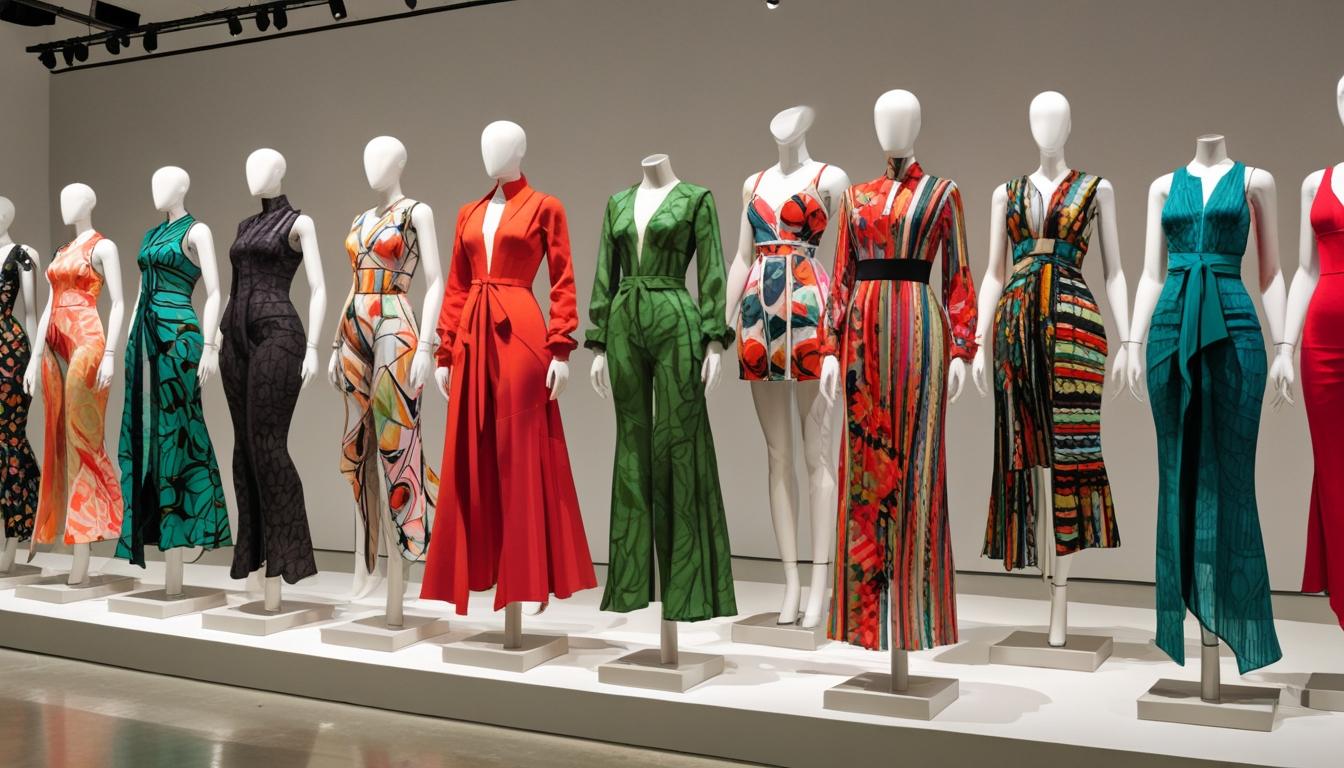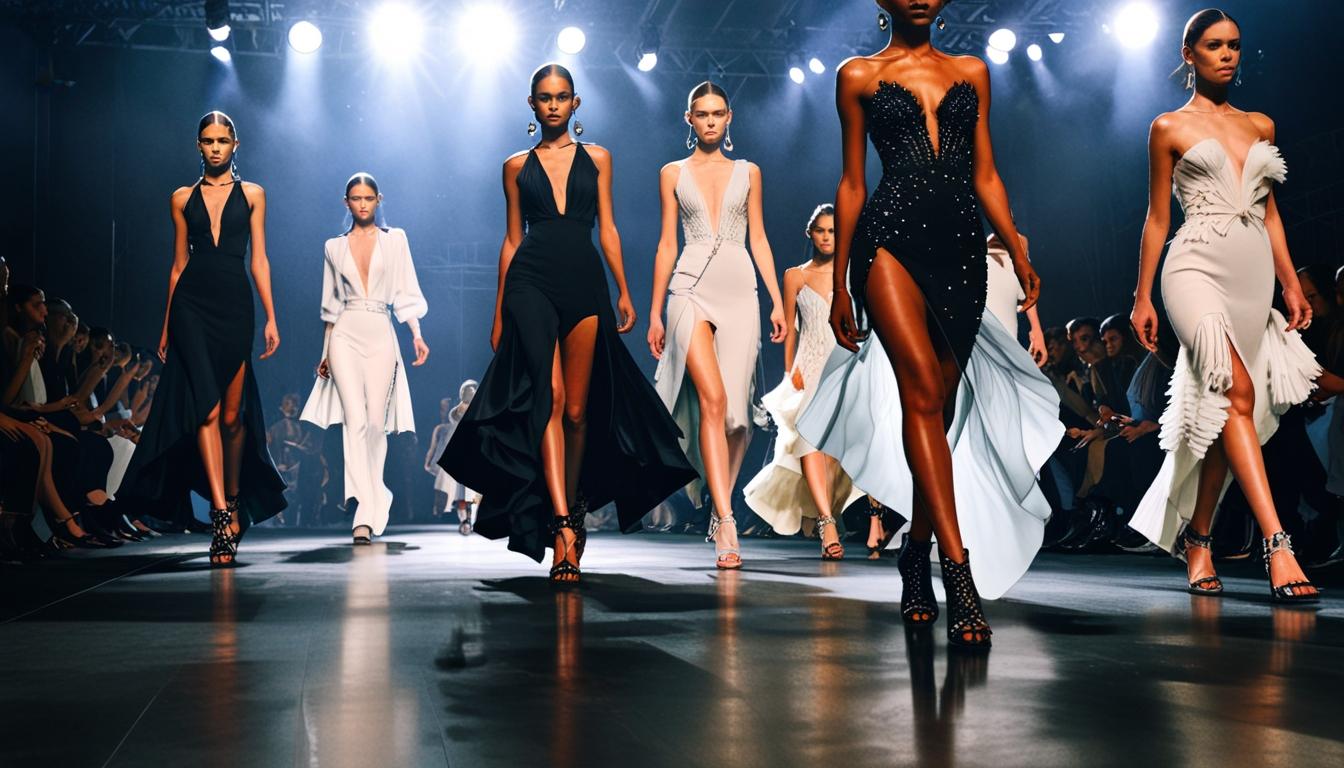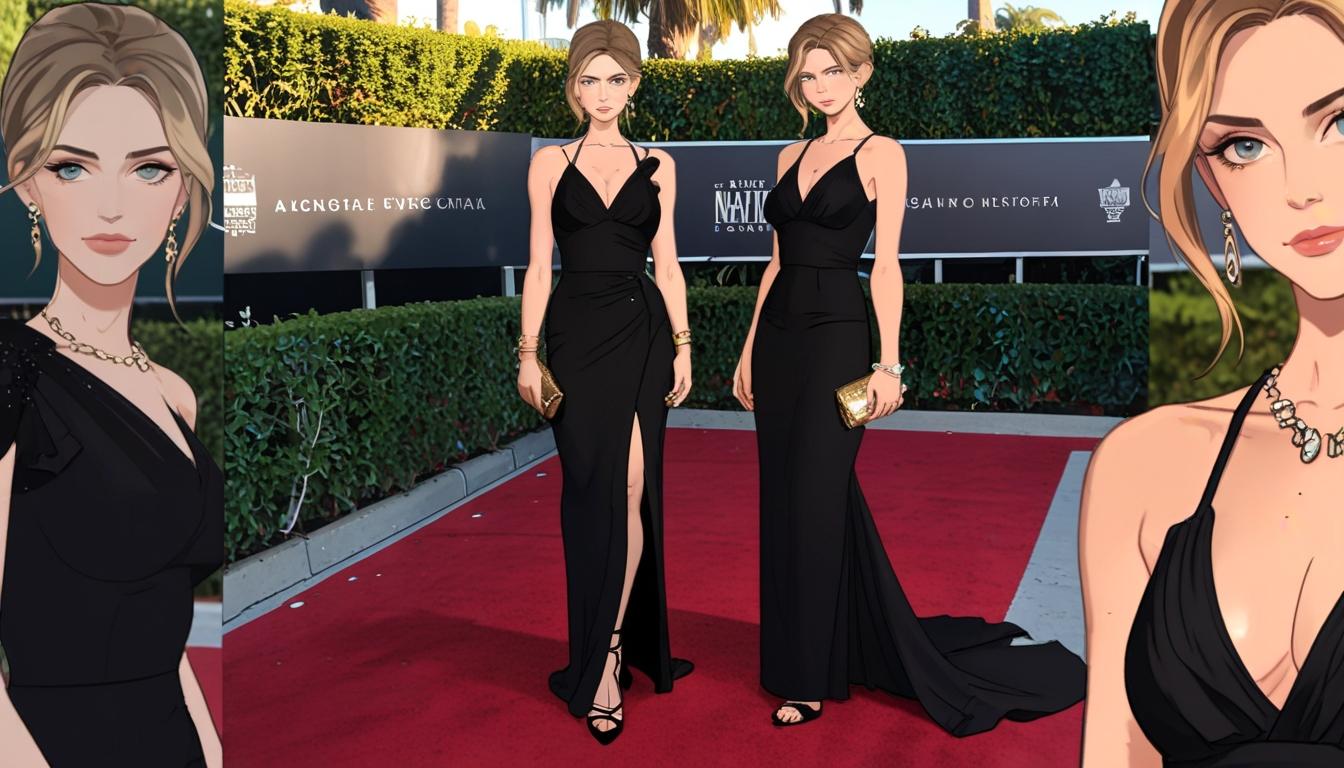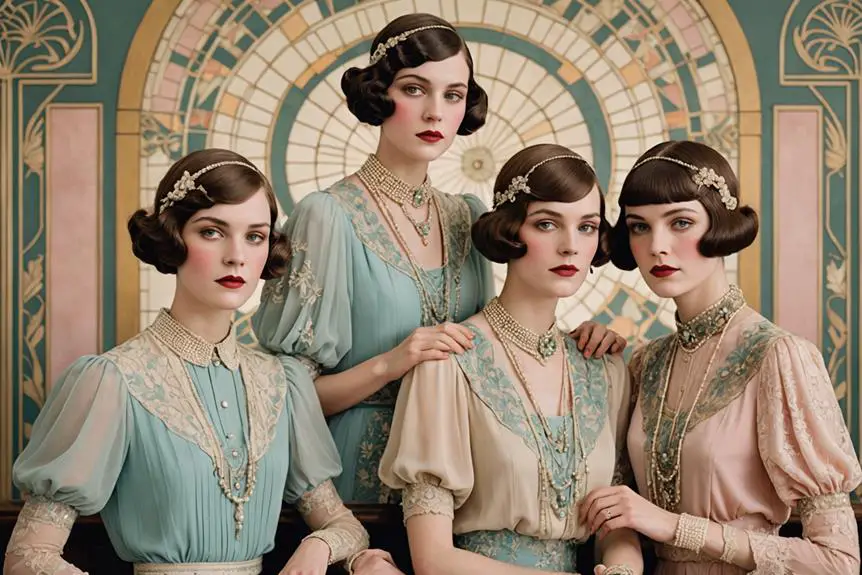The Slow Fashion Season initiative at the University of British Columbia aims to confront the environmental and ethical challenges of fast fashion through workshops, a fashion challenge, and an inclusive fashion show.
The ongoing initiative known as Slow Fashion Season at the University of British Columbia (UBC) has aimed to confront the prevalent issues of fast fashion, which is characterized by the rapid production of inexpensive clothing that often leads to significant environmental damage and labor exploitation. Founded by Germaine Koh, a UBC visual art professor, along with other faculty members and industry collaborators, the initiative has held various events and workshops since January 2025.
Koh highlighted the urgent need to address the sustainability challenges posed by the fashion industry. “Even if [fast fashion products] weren’t also accelerating, the stuff that has already been discarded decades and years [ago] is still there,” she remarked in an interview, emphasizing the long-term impact of textile waste. The initiative focuses on slowing down production and consumption processes while promoting local alternatives to replace fast fashion.
From January through the end of February, a series of workshops facilitated skill-building activities related to sustainable fashion practices. These included sessions on mending and upcycling clothing, with participants encouraged to create new outfits from biodegradable and locally sourced materials. As part of the initiative, a sustainable fashion challenge invited students and staff to design outfits in three categories: casual wear, work wear, and ceremonial attire. Koh expressed particular interest in the ceremonial category, which allowed for a broad interpretation from Indigenous regalia to drag costumes, reflecting the diverse cultural expressions within the UBC community.
Finalists from the challenge will have their creations displayed at the Hatch Art Gallery from March 21 to March 27, 2025. Koh described the exhibition as a vibrant showcase, stating, “It’s gonna be a funny show … it’s not a super huge gallery, but it’s going to be just filled with mannequins.” The exhibition will also feature posters detailing various sustainable practices in textiles, aiming to educate visitors about evolving initiatives in the fashion industry.
On the final day of the Hatch exhibit, the fashion pieces will transition to the Museum of Anthropology (MOA) for a live fashion show, scheduled from 7 to 8:30 p.m. on March 27, 2025. Unlike traditional fashion shows, this event will represent a diversity of body types and gender expressions, reinforcing the message that fashion should be accessible to all. “It won’t be a typical fashion show, in that we’re not going to have just ‘model’ body types,” Koh explained, underscoring her commitment to inclusivity. She believes the collaboration between student designers and professional talents in sustainable fashion will provide a rich learning experience for participants.
As part of the lead-up to the fashion show, a special screening of the film The Nettle Dress by Dylan Howitt will take place at UBC’s Green College. The film delves into the artistic journey of Allan Brown, who painstakingly crafted a dress from stinging nettles over seven years, intertwining his creative process with personal themes of loss.
Koh’s own ongoing artwork, titled Knitwork, exemplifies her commitment to the principles of slow fashion. This long-term project, which began in 1992, involves creating a continuously growing knit piece by reusing yarn from discarded garments. She notes the potential for such works to illustrate the life cycle of clothing and how it can be integrated into one’s life sustainably.
For the Slow Fashion Show, Koh intends to showcase her sustainable clothing crafted from materials such as homegrown flax and recycled textiles. Participants and attendees will be encouraged to wear their own sustainable outfits, encompassing anything from thrifted pieces to self-made garments, as a celebration of sustainable practices.
Overall, Slow Fashion Season continues to foster dialogues around sustainability, artistic expression, and community involvement at UBC, marking a step towards redefining the relationship between clothing production and the environment.
Source: Noah Wire Services




